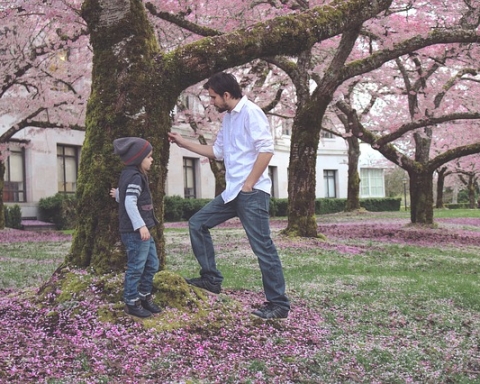Indulgent parenting, also known as permissive parenting, is one of the four parenting styles defined by psychologists. In indulgent parenting, parents tend to be very lenient and sometimes excessively loving toward their children.
Also, read on the website
They focus on providing all that their children need and want but without limitations. Indulgent parents offer their children the freedom to do anything they want with little or no discipline and guidance at all. Like all the other parenting styles, indulgent parenting has consequences that affect children well into their adult lives, as aptly described in this study.
Characteristics of Indulgent Parenting
Indulgent parenting has effects that span from infancy to adulthood. According to certain studies, these are the characteristics of indulgent parents.
- Few rules and regulations. Indulgent parents have minimal rules and regulations for their children. As a result, the children have no behavioral expectations. The children are left with the freedom to do anything they desire. If there are rules, they are inconsistent.
- Parent-child closeness. Indulgent parents tend to be very close to their children. However, they are more of a friend figure instead of a parent figure. The parents are highly responsive to their children’s needs but do not provide practical behavioral expectations.
- Decision-making. Indulgent parents tend to consider their children’s opinions even when making major decisions that should be made only by the parents. This makes the children feel superior and important.
- Minimal consequences. Indulgent parenting causes the children to behave any way they wish without fear of consequences or punishment. The parents feel that punishing their children would cause them pain, which they do not consider very loving.
- Guidance and counseling. Indulgent parents provide minimal or no guidance and counseling for their children and let their children have their way.
Effects of Indulgent Parenting
Studies show that indulgent parenting results in children who feel entitled wherever they go—at school, at church, at stores—and who demand for practically everything they want because of the excessive freedom bestowed upon them.
When they do not get what they want, the children become impulsive and throw temper tantrums, demonstrating emotional instability. They are more immature compared to their peers because they are used to having things done their way and do not compromise. In the long run, even in adulthood, children of indulgent parents develop low self-esteem, depression, and anxiety. They start to feel frustrated and less competent and may turn to inappropriate activities to evade the consequences of their behavior.
References
- Spera, Christopher. “A Review of the Relationship among Parenting Practices, Parenting Styles, and Adolescent School Achievement.” Educational Psychology Review 17, no. 2 (2005). Retrieved from https://link.springer.com/article
- Gracia, Enrique, Fernando Garcia, and Marisol Lila. “What Is Best for Your Children? Authoritative vs. Indulgent Parenting Styles and Psychological Adjustment of Spanish Adolescents.” Retrieved from http://citeseerx.ist.psu.edu/viewdoc












